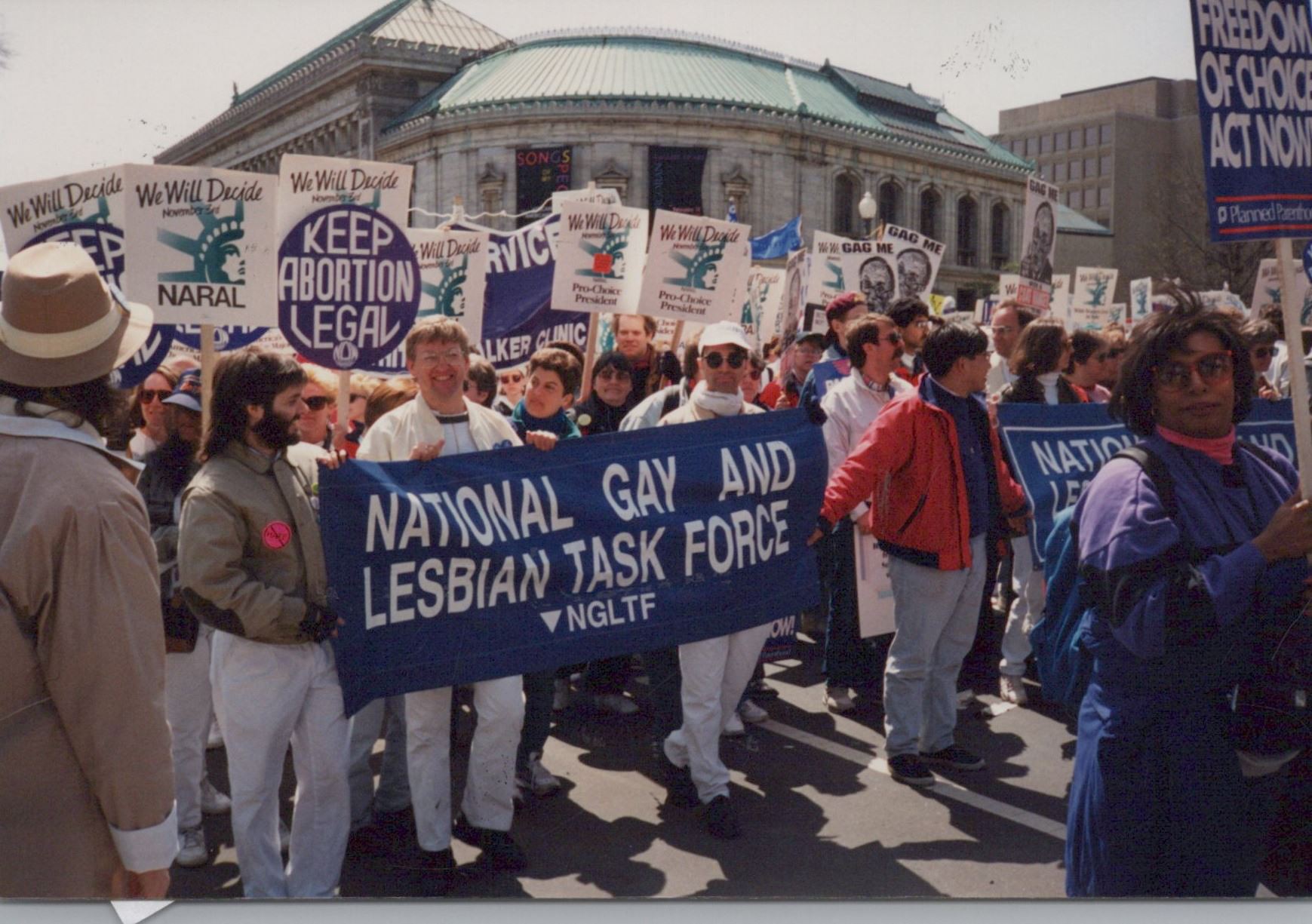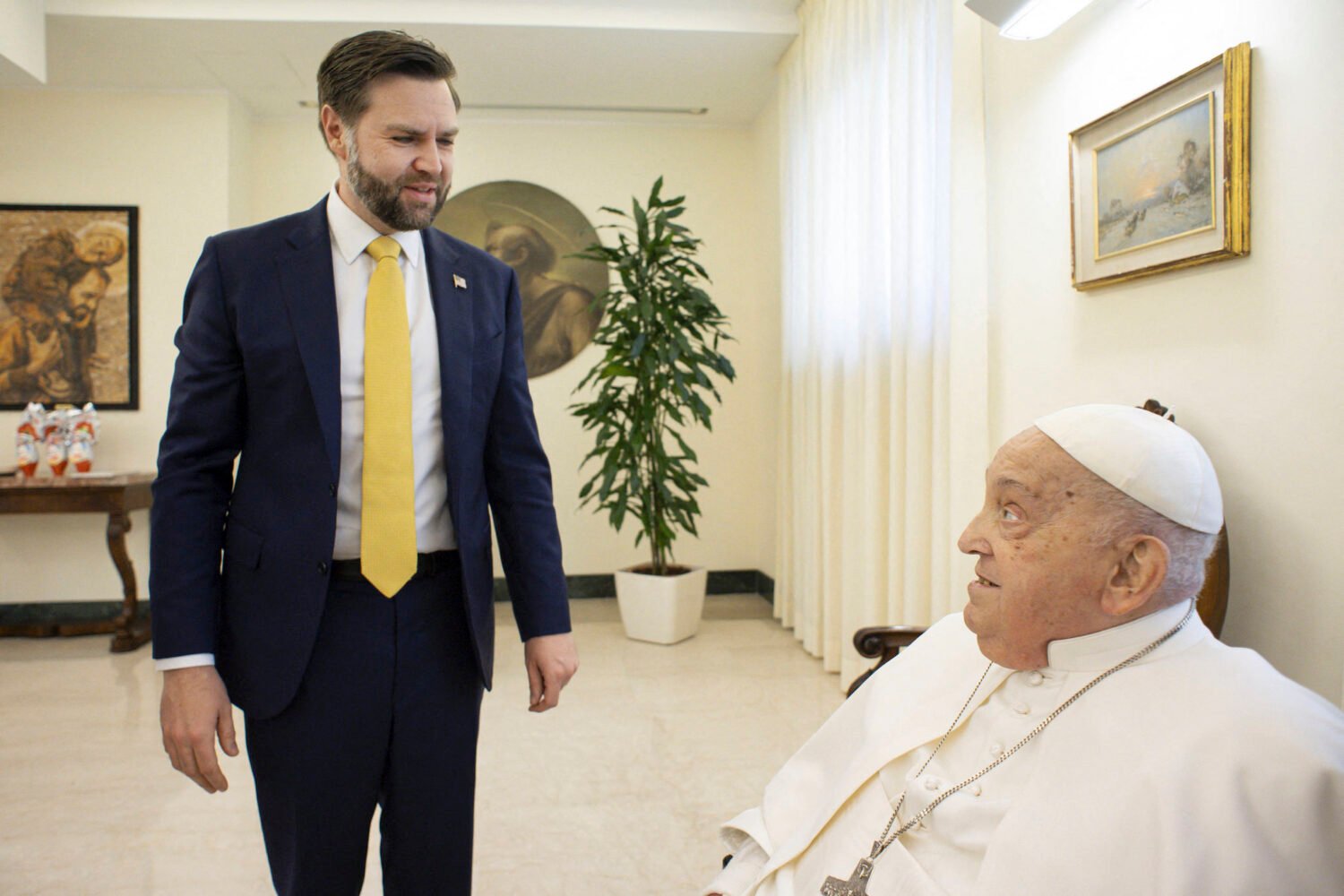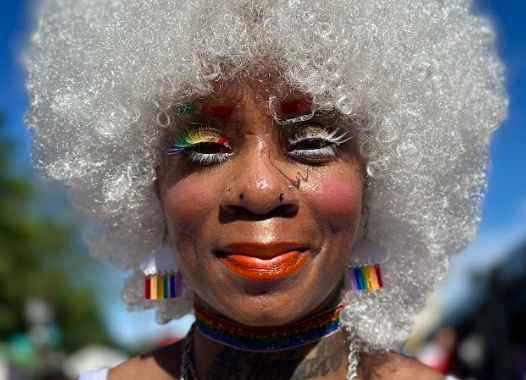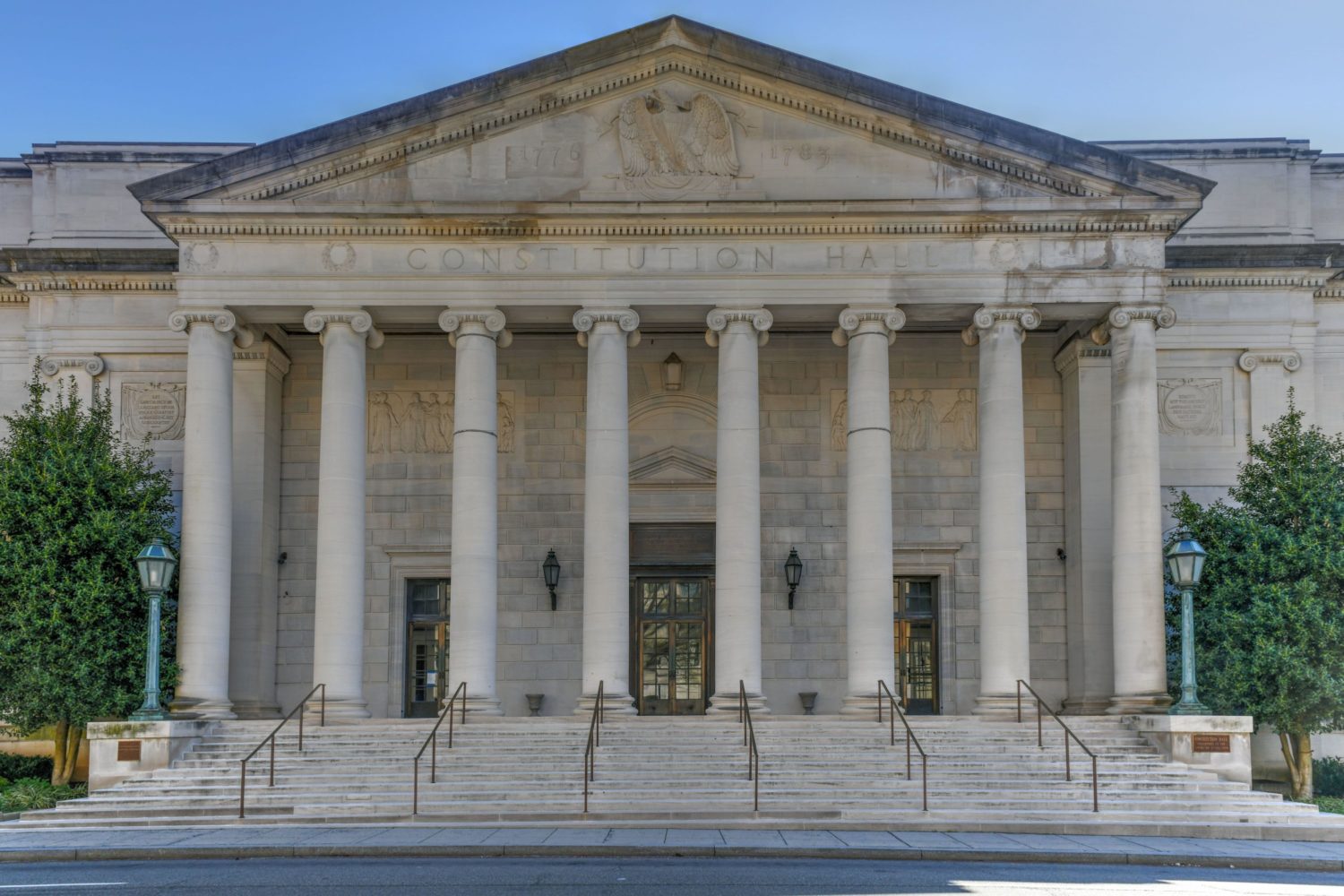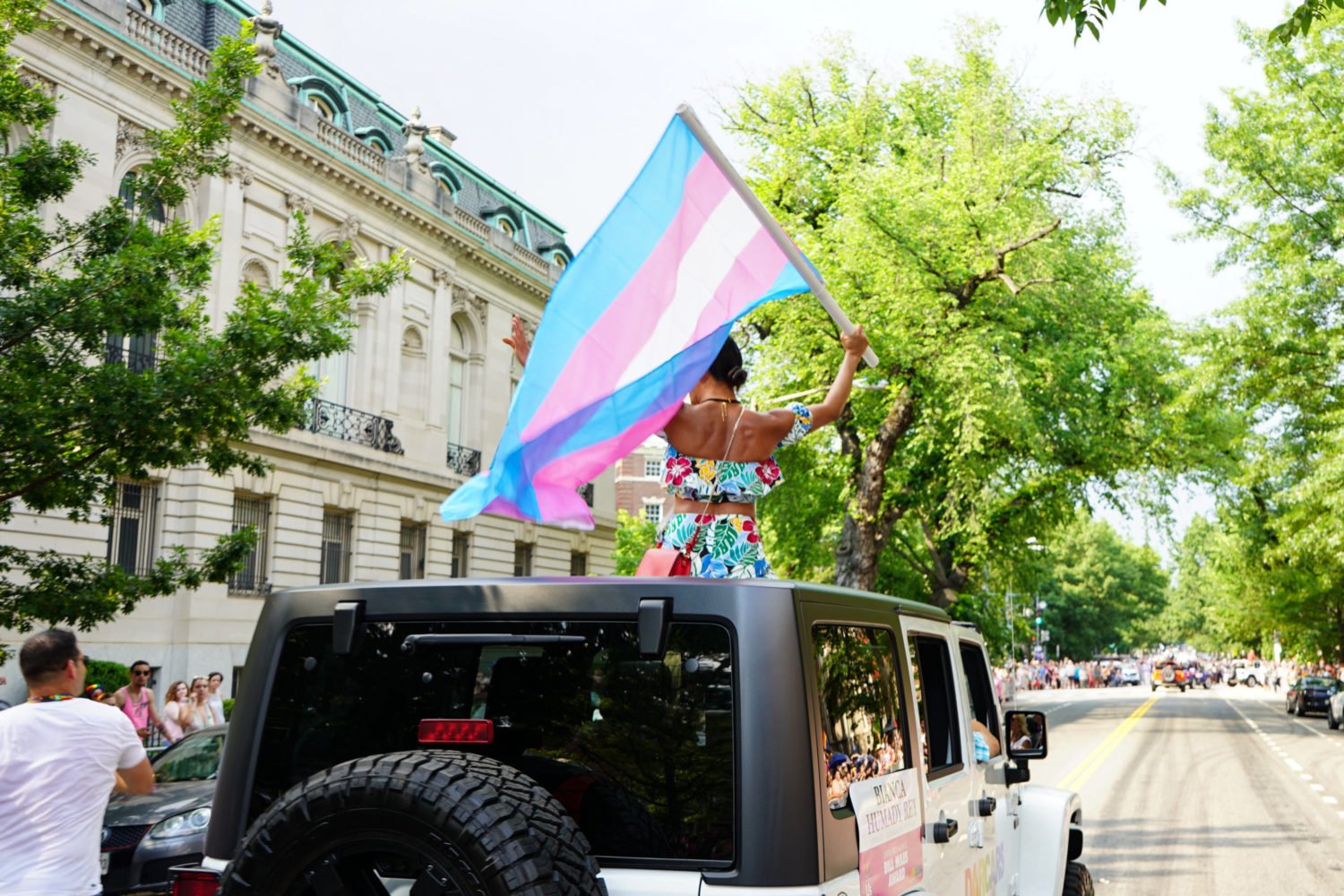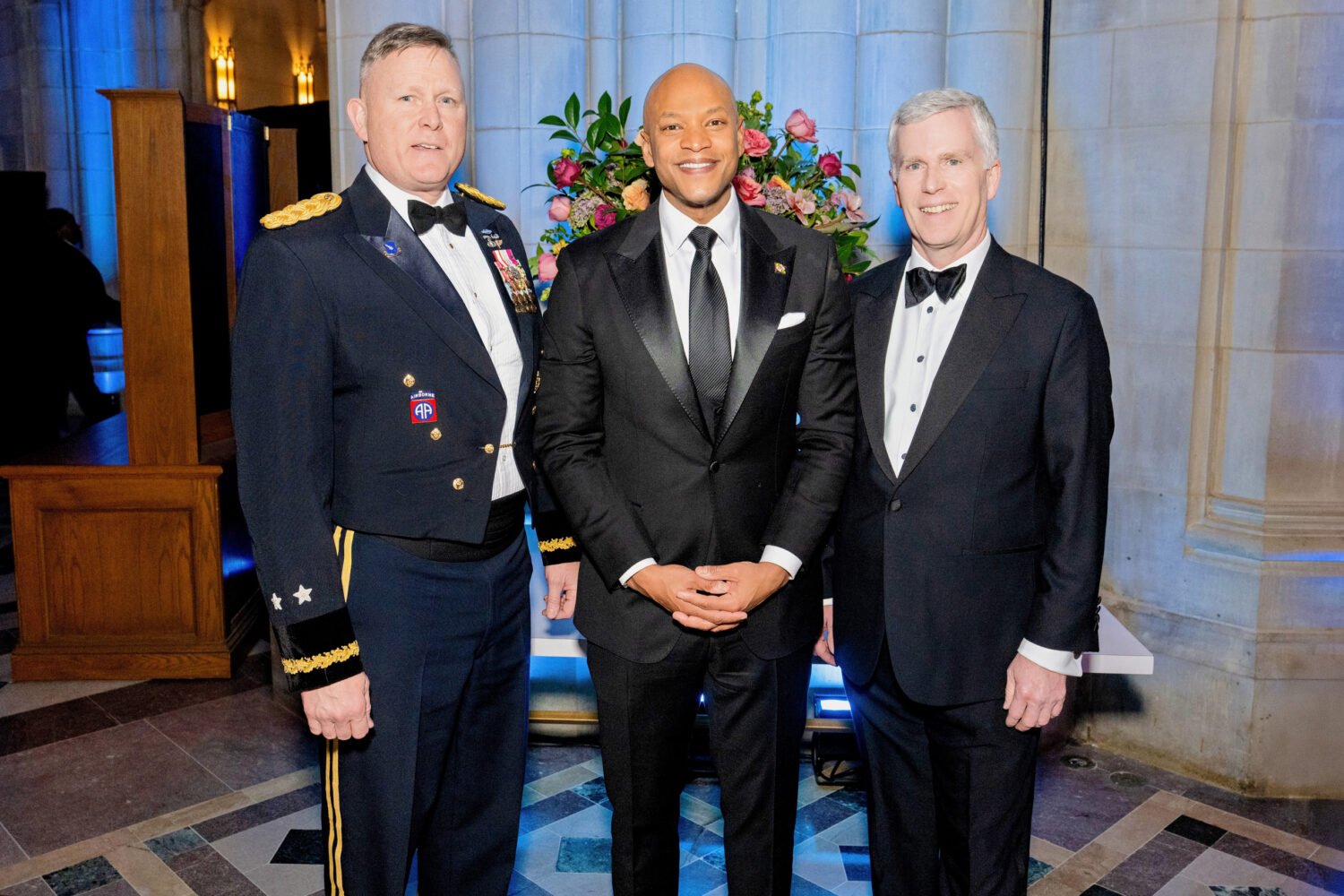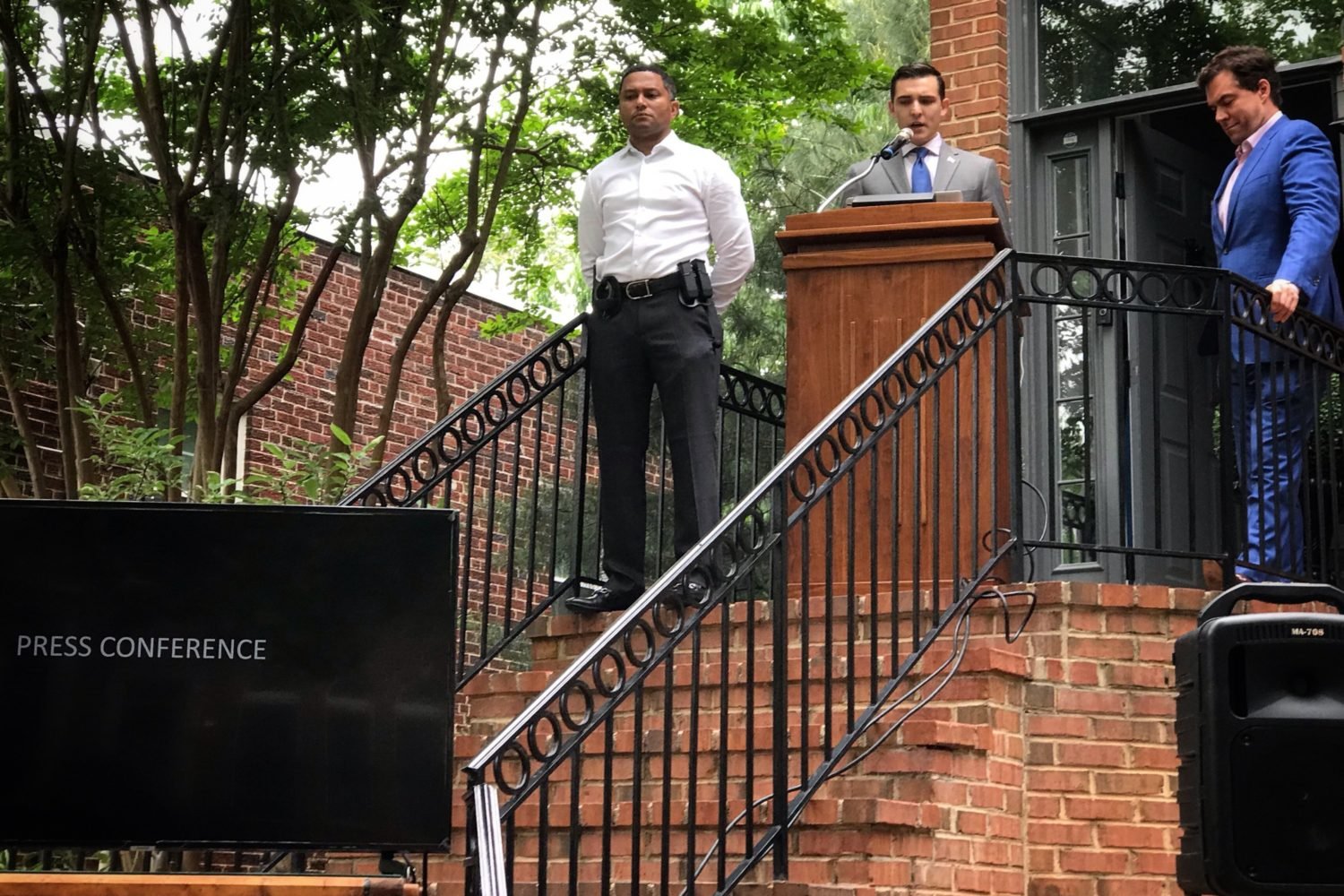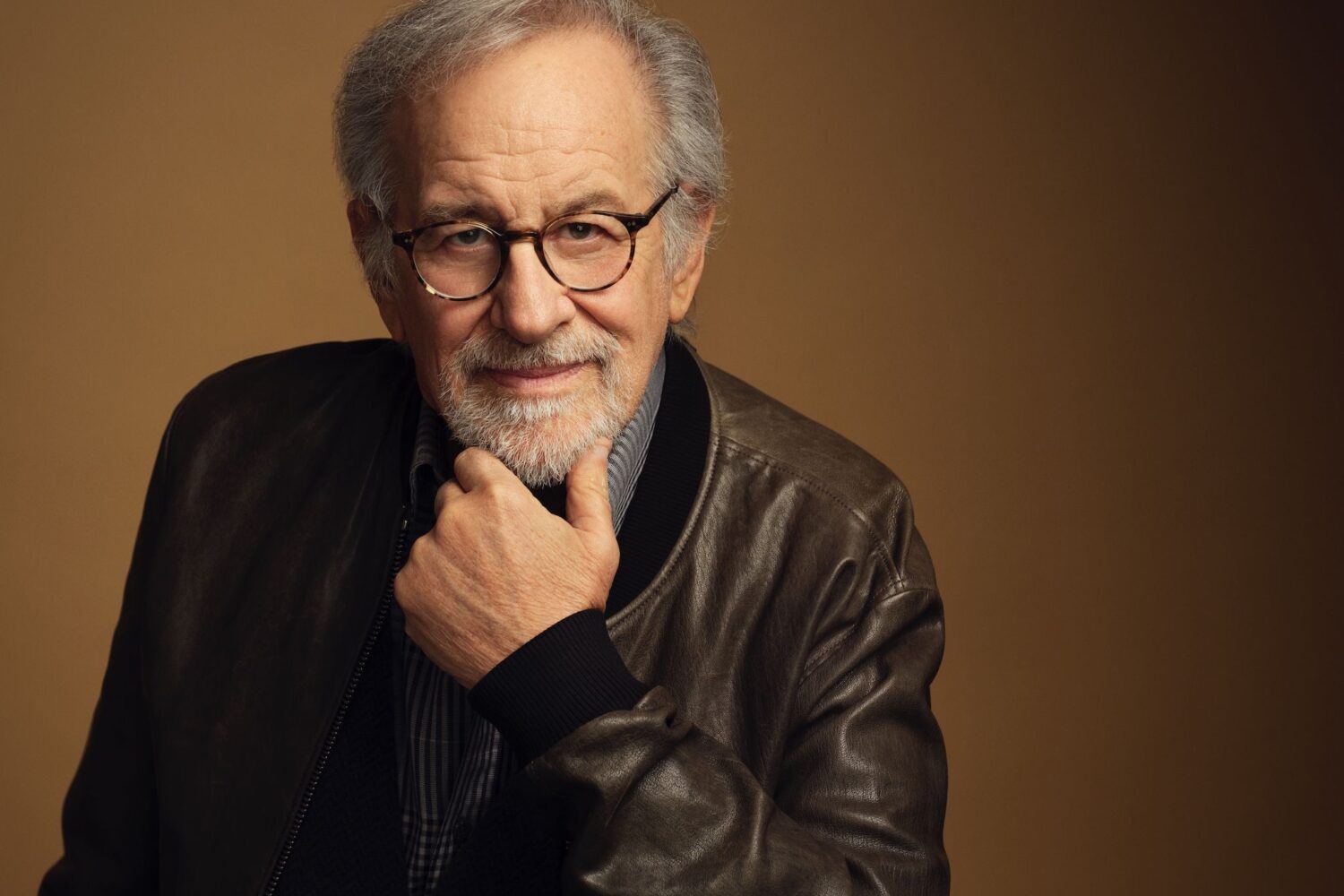Founded in New York City in 1973 and now based in DC, The National LGBTQ Task Force is the oldest queer advocacy group in the country—and as the organization celebrates its 50th anniversary, it also is busy pushing back against a wave of conservative hostility, misinformation, and legislation targeting trans healthcare and people.
“There were literally hundreds of bills that were introduced last year,” says Task Force communications director Cathy Renna, referring to state-level, trans-related legislation. “We’ve managed to defeat the majority of them, but we’re seeing an even bigger wave this year.”
A national organization, the Task Force focuses on policy work and local, on-the-ground organizing with partner organizations to support people who are being directly impacted by anti-trans bills in states like Florida, which Renna describes as an “incubator” for such legislation.
While some of the legislative news is positive—Renna points to Maryland’s Trans Health Equity Act, signed into law earlier this month, which expands gender-affirming care for low-income trans people—the national climate is challenging, particularly in states controlled by Republican lawmakers.
“I think the challenge is that our movement has made so much progress, and then, in the last six to eight years, we’ve not only seen new attacks on even more marginalized parts of our community, but we’re also seeing challenges to progress we’ve already made, for example, the Respect for Marriage Act and Marriage Equality,” Renna says. “We’re dealing with this on all fronts.”
In its advocacy work, the Task Force aims to fight against misinformation surrounding trans healthcare. “About 30 percent of people say that they actually know a trans person,” Renna says. “One of our biggest challenges is combating the misinformation and the outright lies and stereotypes around trans, non-binary, and gender non-conforming people being pushed out there.
“You got Tucker Carlson, but you’ve also got local media that are basically parroting the misinformation that’s coming from these organizations that are hell-bent on stoking some kind of culture war fire around trans issues.”
To combat misinformation, the Task Force encourages LBGTQ people and their allies to write, speak, and engage in community. That means supporting inclusive religious organizations, such as the Metropolitan Community Church of DC. “Just because other folks are weaponizing faith, we should not be denied access to spirituality and faith.” Renna says.
Since its inception, Renna says, the Task Force has been focused on the concept of intersectionality, with the tagline “Be You.” “We don’t just come to the table as LGBTQ people,” Renna says. “We bring many identities.”
The Task Force aims to connect dots among those identities. “I care a lot about abortion rights and reproductive rights, as do a lot of queer women,” says Renna, who currently lives in New York but resided in DC for more than a decade and previously worked as the national news media director for GLAAD.
“As a lesbian, I care about it because it’s about bodily autonomy. There are deep connections, whether it’s sodomy laws, or access to create a family, reproductive technology and abortion, or affirming health care. All these things are connected.”
As the Task Force celebrates 50 years, Renna believes that it is important to reflect on history. “2023 is starting to feel more like 1973 all the time,” she says. “It’s a real lesson in how you can make progress, and the pendulum can swing back.”
At Capital Pride this summer, the Task Force will participate in the parade on Saturday, June 10, and have a booth in the festival on Sunday, June 11. “We need to come together in joy and celebration and anger,” Renna says. “We’re displaying the protests, the anger, and the challenges that we’re facing, and at the same time coming together in community. You can’t erase us. You can’t erase queer joy.”

